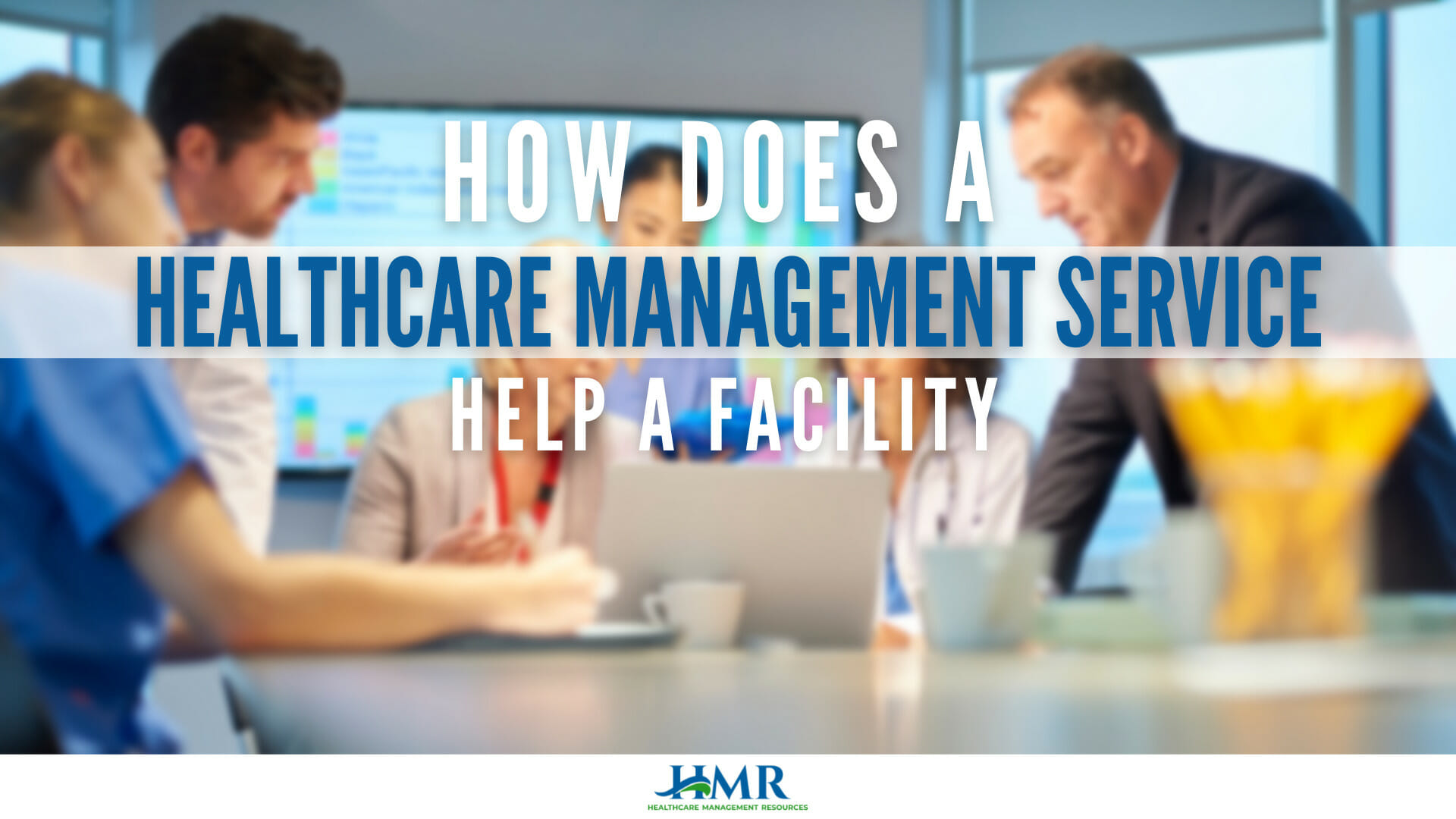Healthcare Management Facilities Management

Because it aids in operating a healthcare facility, healthcare facility management is in high demand. Every day, the application of healthcare management systems expands.
What Does The Healthcare Facility Management Entail?
An industry or organization that provides asset and healthcare facility management services to the healthcare sector. It includes managing medical wards, sickness bays, healthcare facilities, hospital premises, medical equipment, pharmaceuticals/medicine storage areas, medical litter/used medical kits, etc. And at the same time, it maintains a clean and safe environment for users like nurses, doctors, outpatients, and inpatients. This healthcare sector includes public hospitals, nursing homes, daycare centers, palliative care facilities, abortion clinics, rehab facilities, and residential caregivers, among others.
Healthcare Facilities Management: What is it?
People or building facility managers are responsible for maintaining the seamless running of the facility, people, and buildings so they can work together amicably. Cleaning is the priority. It saves money, provides safety to staff, increases productivity, and satisfies consumers. Facilities management is crucial in healthcare to keep organizations running effectively, safely, and in a healthy environment. The management of healthcare facilities is concerned with the patient’s quality of life and works to prevent patient deaths. For instance, hospital management keeps the medical facilities up to date by avoiding equipment or power outages to prevent disruptions during operations. The following are some aspects of facilities management’s significance:
1. Enhancing Inpatient and Outpatient Patient Experience
Since patients can choose whether or not to use the hospital amenities, their initial experience with those services and facilities is crucial in establishing brand loyalty. Cleanliness, waiting times, employee friendliness, customer services, user-friendly equipment availability, and healthcare facilities influence patients’ experience.
-
Stress
Because they have paid a high price for high-quality healthcare services, patients expect a pleasant experience, peace, and satisfactory healthcare result. When a patient enters the hospital grounds, facility management must ensure the ambiance and services provide them with a sense of security, tranquility, and serenity. With facility management, there would be no long wait times for patients, filthy conditions in the hospitals, and concerns about illnesses escaping control, all of which would encourage people to visit the hospital.
-
Sight
Facilities management must make a positive impact and a good impression in the clients’ eyes to produce a conducive human experience for patients. Any patient who encounters a challenge, such as access to the hospital, unwelcoming services, or an uninviting environment, will be driven to the rivals. Therefore, improving the customer’s first impression of hospital facilities depends on the cleanliness, the staff’s friendly demeanor, the simplicity of the location’s parking spaces, and clear building signs.
-
Sound
Exposing patients to loud noises may cause them trouble sleeping and experience slower healing. By implementing medical device alarms and keeping track of alert occurrences, facilities management can solve this issue and reduce noise levels, particularly during odd hours or emergencies. Dimming the lights to create a calm environment and aid patients in falling asleep is another strategy certain facility managers use at night or in the evening. The healthcare sector believes that reducing noise is suitable for patients since it relieves stress and exhaustion and increases satisfaction.
-
Smell
Foul odors can make a healthy person anxious, irritable, and occasionally uneasy with nausea; however, depending on the illness they are experiencing, this effect may be doubled or tripled in sick people. Therefore, it is crucial for the management of healthcare facilities to take decisive action in caring for facility ventilation. A pleasant odor creates a friendly atmosphere, making patients and visitors happier and in a better mood. The aroma promotes freshness, coziness, and openness, especially in a crowded environment, which lowers anxiety levels and speeds up patients’ recovery.
-
Taste
The facility manager in the healthcare sector should be able to adapt to new meal alternatives, regularly update the menus, and enhance patient meal presentation. They should deliver meals to patients’ rooms emphasizing nutrition, low food waste, reasonably priced meals, and improving patient happiness. Patients will be more excited about eating hospital meals if the cuisine is excellent and tasty.
2. Improved Medical Environment
To better integrate the hospital and its surroundings, healthcare institutions must concentrate on regulating waste flows and efficient water utilization. They might develop a welcoming visual and instructional design for amenities like trash cans that increases awareness of cleanliness so that gradually people start to change their behavior and stop throwing trash, which would mean less work for staff to pick up trash. People can use smart bins by using an instruction manual that explains how to use them, a cartoon dustbin with a cartoon face, and logo signage.
3. Reducing the Risk of Infection
One of the goals of facilities management is to prevent the spread of bacteria or viruses in the hospital facility, which could harm the health of patients and hospital workers. For example, medical center management must ensure that workers know how to use UV lights when necessary and that the UV lightroom is always safe to operate with patients. The manager of the medical institutions would frequently inspect the operation rooms and keep note of the sterilization of the rooms or equipment. Healthy people can quickly become infected with bacteria, viruses, and germs from infectious diseases that spread throughout the hospital facility, primarily to elderly patients and staff, newborns, and persons with weakened immune systems.
Hospital Facility Management’s “New Normal”
In addition to ensuring compliance and security for any hospital, a top-notch facilities maintenance personnel that combines knowledge of patient care with technological solutions can assist in halting the spread of disease.
Hospital facility management leaders must face the harsh fact that there may never be a return to the previous normal, while many companies aim for a quick return to “normal.” The road to a knowledgeable, contemporary facilities management team is becoming more difficult for many hospitals. Hospitals increasingly face issues that, at best, endanger their general functionality and efficiency and, at worst, jeopardize patient care.
